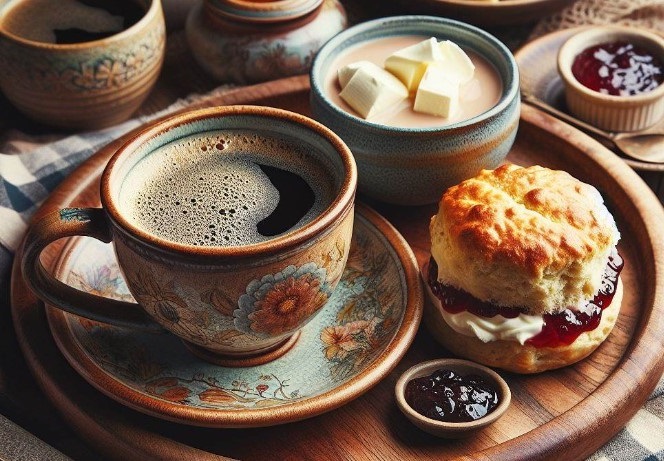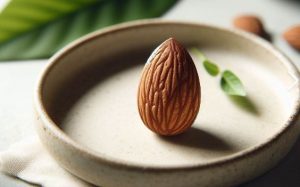
How to Decide Whether to Drink Coffee or Tea Based on Your Body and Mind
Both coffee and tea bring good things for your health, like boosting energy, focus, and mood, and even lowering the risk of some chronic diseases. But there are some differences between them that might influence your choice. Let’s look at a few points:
Caffeine Content: Coffee has more caffeine than tea per serving. This can give you a quick burst of energy, but it might also make you feel restless, anxious, or jittery. On the other hand, tea has less caffeine, but it contains L-theanine, which helps you stay alert without the jittery feeling.
Antioxidants: Both drinks have antioxidants, especially polyphenols, which protect your cells from damage and inflammation. However, tea might have more types and amounts of antioxidants than coffee, depending on the type and how it’s brewed. Tea is also known for its anti-cancer, heart disease prevention, and anti-infection effects.
Other Compounds: Coffee and tea contain various compounds that can affect your health. Coffee has chlorogenic acid, cafestol, and kahweol, while tea has catechins, flavonoids, and tannins. Some of these can be beneficial, like lowering blood pressure and cholesterol, while others might have adverse effects, such as increasing cholesterol or causing acid reflux.
In Short: Both coffee and tea are good for you, but they have different effects on your body and mind. The best choice for you depends on your preferences, tolerance, and health goals. Enjoying both drinks in moderation is also okay, just be mindful not to add too much sugar, cream, or other extras that could offset their benefits.





